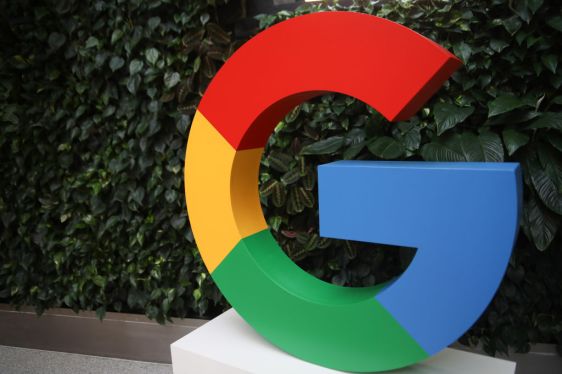Google will not be forced to break up its search business. However, a federal judge has tentatively ordered significant changes to the tech giant’s business practices to prevent further anticompetitive behavior.
U.S. District Court Judge Amit P. Mehta outlined remedies that would bar Google from entering or maintaining exclusive deals tying the distribution of its Search, Chrome, Google Assistant, or Gemini to other apps or revenue arrangements. For example, Google can no longer condition Play Store licensing on the distribution of certain apps or tie revenue-share payments to keeping specific apps.
Google will also be required to share certain search index and user-interaction data with qualified competitors to prevent exclusionary behavior. It must also offer search and search ad syndication services to competitors at standard rates, allowing them to deliver quality results while building their own technology.
Judge Mehta has not yet issued a final judgment. Instead, he ordered Google and the Department of Justice to meet and submit a revised final judgment by September 10 that aligns with his opinion.
These behavioral remedies follow a ruling from last year where Judge Mehta found that Google acted illegally to maintain a monopoly in online search. A technical committee will be established to help enforce the final judgment, which is set to last six years and go into effect 60 days after entry.
The DOJ, which filed its antitrust suit against Google in 2020, had advocated for stronger penalties. It wanted to force Google to divest its Chrome browser and possibly Android, which even resulted in some unsolicited acquisition bids. The DOJ also sought to end Google’s agreements with Apple and Samsung, in which the tech giant paid billions to make its search engine the default choice on devices and web browsers.
Apple stock rose after-hours on the news that it could continue its lucrative, though no longer necessarily exclusive, agreement with Google. Google spent more than $26 billion in 2021 alone to secure default search placements on devices. Approximately $18 billion of that went solely to Apple, with whom Google shares 36% of its search ad revenue from Safari. The following year, Google paid Apple more than $20 billion as part of its distribution agreement.
During the trial, the judge emphasized that because most users stick with the default, those placements are extremely valuable real estate that effectively locked rivals out and hindered their ability to challenge Google’s monopoly. The DOJ also called on Judge Mehta to force Google to share its search index, user-side data, synthetic queries, and ads data with competitors under privacy-protected terms.
Google, which has maintained roughly a 90% market share over the traditional search market for the last decade, argued that the government’s proposals would stifle innovation, jeopardize user privacy, and undercut the company’s ability to invest in research and development. CEO Sundar Pichai said during the remedies hearing in April that forced data-sharing would act as a de facto divestiture for Google Search.
During the hearing, Judge Mehta suggested he would consider Europe’s Digital Markets Act as a reference point. The DMA requires Google to share certain click and query data with third parties. Mehta’s order is narrower and temporary, unlike the DMA’s ongoing obligations. It is also much more limited than the sweeping access the DOJ requested, which potentially included source code, full search ranking algorithms, and broader infrastructure elements. Google argued this would essentially give away its entire intellectual property.
This case has inspired a debate about whether the European approach with the Digital Markets Act is correct, questioning if descriptive rules are better than technical case-by-case adjudication. It also raises the question of whether the European experience informs the feasibility of implementation and what Google can accommodate.
The same question of how far regulators should go in reshaping Google’s business will also loom large in the tech giant’s other antitrust battles. Judge Mehta’s decision may affect the outcome of a separate antitrust trial Google is currently engaged in regarding its advertising technology business. In April 2025, a judge found that Google illegally monopolized ad-tech markets. The remedies trial for that case is scheduled for late September and will focus on the DOJ’s proposed divestitures and other measures.
This situation is unique, as the Department of Justice has never had two largely parallel cases involving major elements of alleged misconduct against the same dominant firm with two parallel remedy processes moving ahead simultaneously. Even though Mehta has released his much-anticipated remedies, the process is far from over. Google’s appeal and potential escalation to the Supreme Court mean this story will continue to develop for years, likely not concluding until late 2027 or early 2028.

